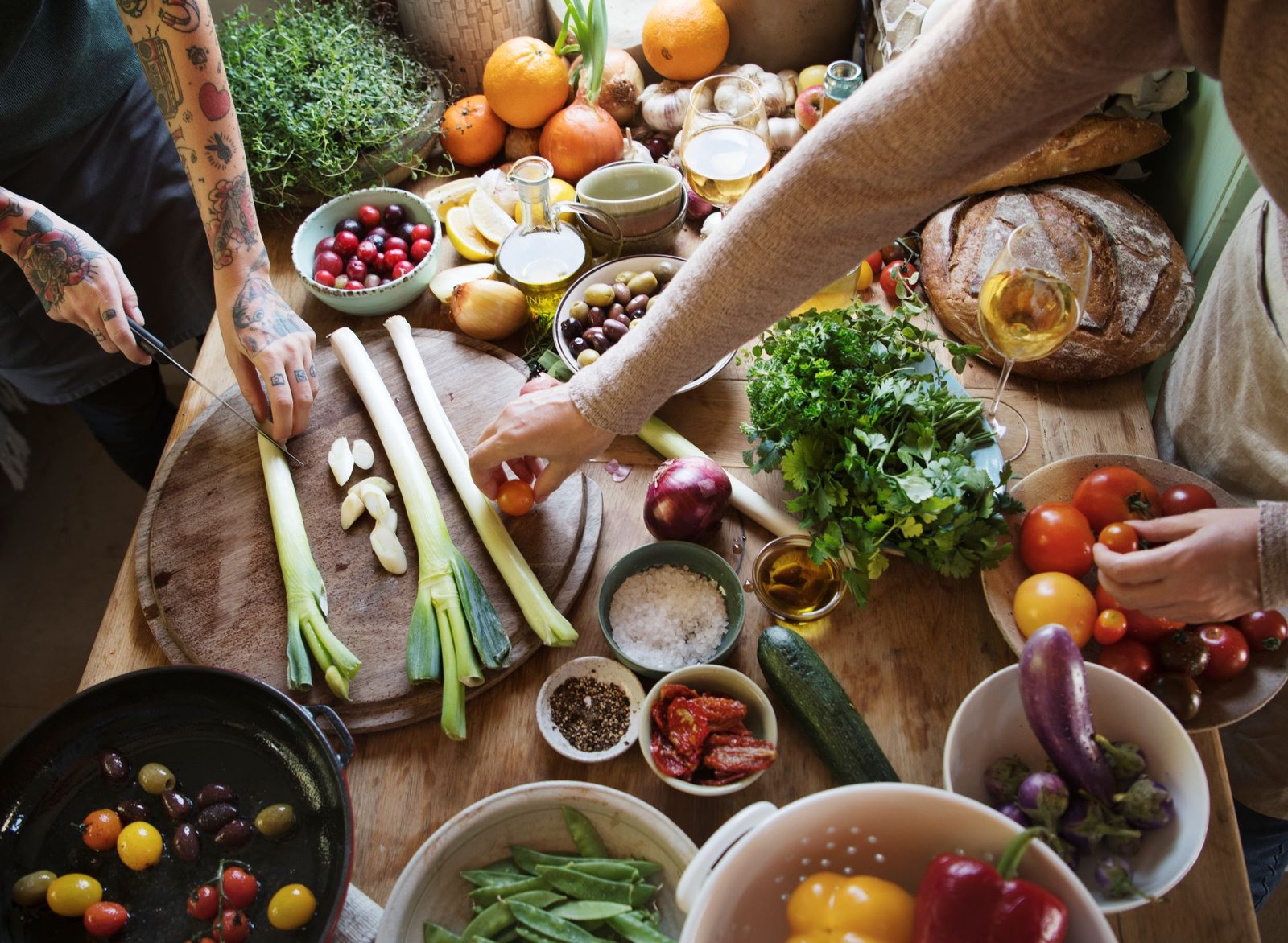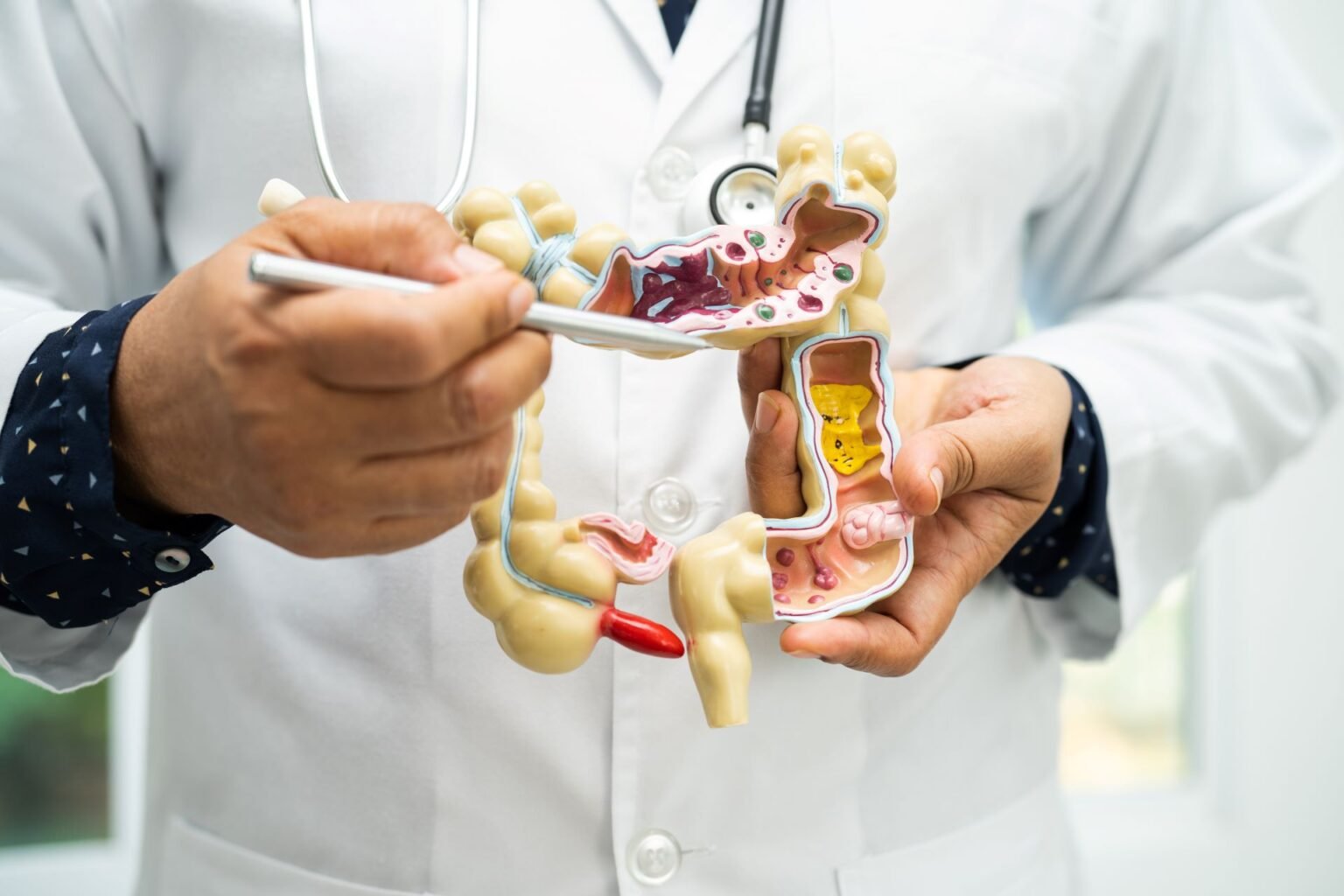What is stomach cancer?
Stomach cancer is a type of cancer that starts in the inner lining of the stomach. Cancer means when cells in the body begin to grow out of control. Stomach is an organ on the left side of the upper abdomen that digests food. Early symptoms may include heartburn, upper abdominal pain, nausea and loss of appetite. Later signs include weight loss, yellowing of skin, vomiting, and difficulty in swallowing and blood in the stool.
Weight loss and cancer:
In nutrition, diet is the sum of food consumed by a person or other organism for health and weight-management reasons.
Weight loss is commonly seen in stomach cancer patients. Stomach is an important part of our digestive system and its cancer largely affect the digestive capacity of an individual hindering the absorption of nutrients and minerals into the body. Diet for cancer patients need to be balanced and healthy. Patient not only has loss of appetite but also, feels full before finishing a meal. Weight loss can lead to decreased immunity due to lack of energy and nutrients that supports body strength and immune system. This can further cause slow prognosis, nutritional deficiencies and chances of getting other infections.
Diet in stomach cancer Patients:
1) Include smaller meals: Many patients with stomach cancer experiences loss of appetite or gastrointestinal discomfort. Eating smaller meals can help. Eat five to six small meals a day instead of three large meals.
2) High calorie foods: Drink high-calorie or high protein fluids between meals to maintain healthy weight.
3) Take liquid snacks: Liquid snacks like smoothies, soups may help when patients have poor appetite.
4) Low-fiber foods: Limit high-fiber foods like whole grains bran cereals and vegetables. Choose whole grains instead of refined grains. Whole grains are rich in fiber that promotes gut motility and gastric emptying thus keeps digestive system healthy.
Choose smooth nut butters in place of raw nuts, Choose cooked vegetables in place of raw vegetables. This helps to cut down high fiber content.
5) Healthy fats: Choose healthy fats like olive oil, avocados, nuts and seeds.

6) Fruits and vegetables: Eat a variety of colorful fruits and vegetables to get antioxidants. Consuming citrus fruits, tomatoes, berries, cruciferous vegetables, and high intakes or serum levels of lycopene have shown anti-cancer effects. This is due to higher amounts of vitamins, antioxidants, flavonoids, and other nutrients that help scavenge the cancer causing agents.
7) Protein: Eat protein at every meal such as chicken, turkey, beef, pork, fish, cheese, eggs, nuts, seeds and soy foods. Choose less fibrous lean proteins like fish instead of shell fishes and eggs in place of steak.
8) Avoid added sugar: Limit sweets and added sugars such as cakes, candy, pies and cookies.
9) Avoid certain foods: Avoid fried, greasy and fatty foods. Also avoid foods with natural laxatives like prunes, figs and licorice.
10) Stay hydrated: Drink enough fluids during cancer treatment. Avoid drinking large amounts of caffeinated beverages.
11) Eat room temperature foods: Eat foods and drink liquids at room temperature. Do not eat and drink too hot or too cold.
12) Take supplements: Discuss taking probiotics l-glutamine and/or digestive enzymes with a dietician.
13) Eat slowly and chew well: Take your time to eat. Chewing well will help your body to extract more nutrients from the food.
14) Try softer foods: Choose foods that are soft in consistency like gruel, eggs, khichdi, and soups as they are easier to digest.
15) Avoid fluid with meals: Limit the intake of fluids even water at a meal as this can fill your stomach too much and too early which will further decrease les food intake and less nutrition eventually.
16) Avoid eating animal products: Research has found that red and processed meats containing nitrite food preservatives are associated with a higher risk of gastric cancer.
17) Cut down salty foods: Consuming foods that are higher in salt content can damage the stomach mucosal lining and cause lesions which can worsen symptoms of stomach cancer.
18) Maintain food dairy: Make a list of food items that causes stomach upset, diarrhea, nausea, sickness or any other digestive problems.
19) Increase calorie intake: One needs to maintain healthy weight as stomach cancer can cause drastic decrease in your body weight.
Patient needs to eat food that are high in calories. However, it is difficult to eat a high calorie diet so in such cases eating fatty foods is the best way to get concentrated calories. Also, liquid meals can be added for extra calories.
20) Limit irritants: Limiting your intake of alcohol, caffeine, carbonation and spicy foods may also help limit side effects of treatment.
21) Avoid processed foods: Processed foods are one that are highly refined, loaded with preservatives and has minimum nutrition. Examples are packaged snacks, candies, bakery items, soda, sausages, sweetened beverages etc.
Most importantly is that your cancer journey is unique to you and your treatment:
You may experience side effects that affect your ability to follow these suggestions. If you are struggling with any side effects, consult our cancer dietician for nutrition guidelines that will be appropriate for your cancer journey.

